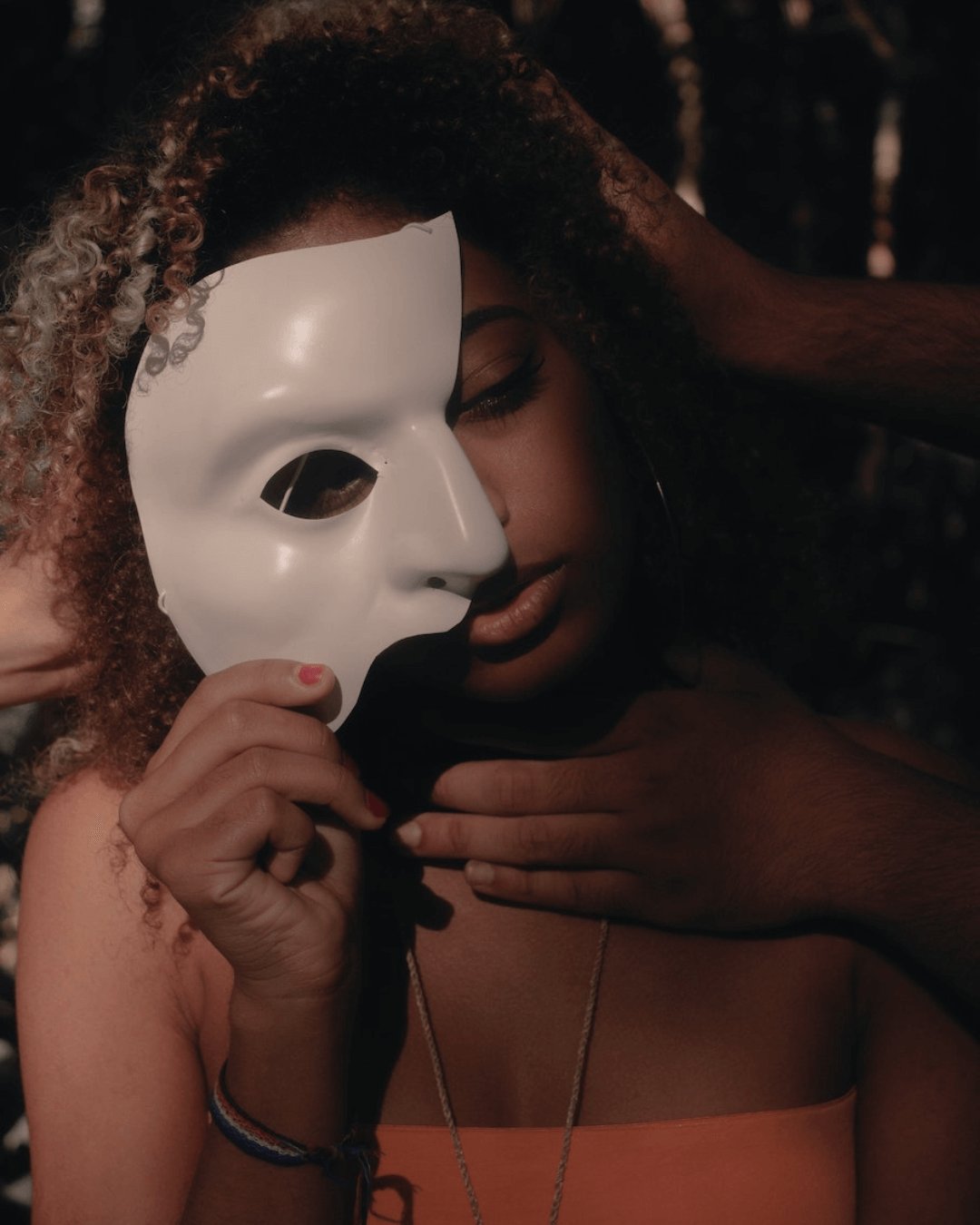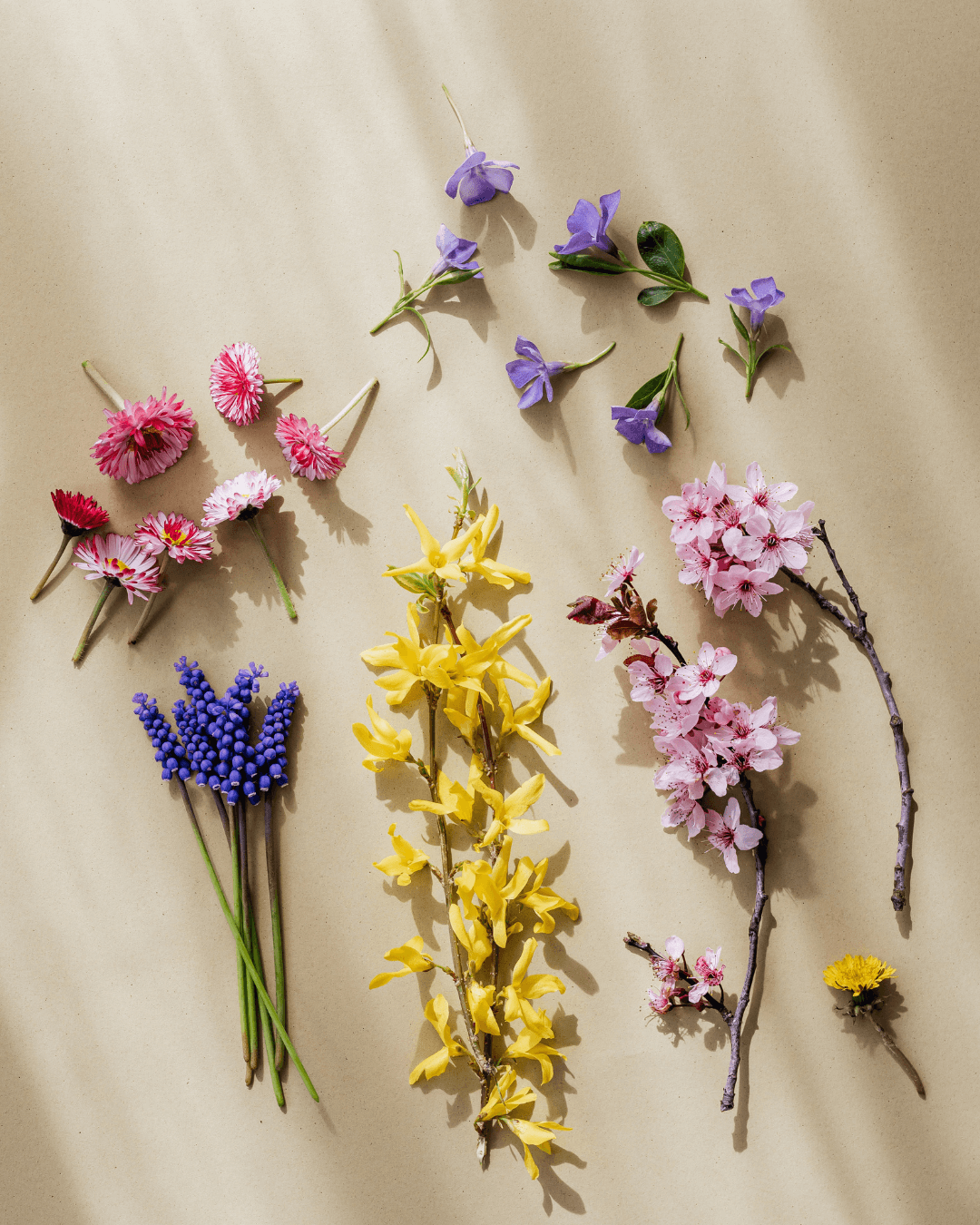
What is authenticity?
In the realm of human existence, Carl Jung a Swiss psychiatrist and psychoanalyst cast light on the concept of authenticity through the lens of the 'persona' - the social mask we wear. While this mask is essential for navigating society, Jung warns of its potential to obscure our true selves. This journey of self-discovery, he argues, lies in the delicate balance between persona and authenticity. What is authenticity?
Authenticity is being true to your own personality, values, and spirit, regardless of the pressure to act otherwise. It's akin to reconnecting with an old friend, seamlessly picking up where you left off. It's that feeling of being truly yourself, without pretenses or masks—just you.
So, why is it so difficult for many of us to be authentic? The roots of this struggle can be traced back to our evolutionary history. In tribal communities and closely-knit traditional societies, there was a strong emphasis on conformity and adherence to group norms. The fear of rejection from the tribe or community significantly influenced individual behavior. Survival often depended on this "inauthenticity."
However, in our modern society, these tribal and survival pressures have lessened. Yet, the fear of rejection, the desire for social acceptance, and the need for belonging continue to shape our behavior. Factors such as external validation, low self-esteem, social comparison, and past traumas (both the 'T' and 't') can hinder our authenticity.
But why should we strive to live more authentically? Drawing from the profound research of Dr. Gabor Maté, we find that authenticity is not merely a desirable trait, but a vital cornerstone of holistic well-being. Dr. Maté's extensive work in psychology and addiction reveals that living in congruence with our true selves is fundamental to mental and emotional health. When we don masks and suppress our genuine emotions and desires, we sow the seeds of chronic illnesses such as autoimmune disorders, psychosomatic conditions, and mental health struggles like anxiety and depression. This disconnection can also lead to maladaptive behaviors, ranging from substance abuse to destructive relationship patterns. It creates a breeding ground for an over-inflated ego, an armor that shields us from the profound vulnerabilities that make us human. This inner war, marked by self-alienation, leaves us estranged from our authentic essence. Embracing authenticity, on the other hand, fosters resilience, self-compassion, and a profound sense of belonging, offering a path towards healing the wounds inflicted by our disconnection from self.
How do we start by living authentically:
- Awareness: Start by recognizing qualities in others that you may dislike, as they may be your own blind spots. Perhaps share your deepest fears with someone you trust. It's in those unguarded moments that you embrace authenticity, acknowledging your vulnerabilities and facing them with courage.
- The Power of Honesty: Authenticity often begins with a simple "no" when you need a quiet night in. By being honest about your feelings, you honor your authenticity and communicate your needs. Picture yourself setting boundaries to protect your well-being. When you respectfully decline an invitation to recharge, you're putting self-care at the forefront, an act of authentic self-preservation.
- Honesty and Boundaries: Authenticity often begins with a simple "no" when you need a quiet night in. By being honest about your feelings, you honor your authenticity and communicate your needs. Picture yourself setting boundaries to protect your well-being. When you respectfully decline an invitation to recharge, you're putting self-care at the forefront—an act of authentic self-preservation.
- Authentic Relationships: Envision the warmth of a friendship where you can openly share your dreams, fears, and quirks. Such relationships are sanctuaries of authenticity, where you're accepted as your true self. The "friends" who don't accept the new you may need time to adjust, or perhaps it's time to let those friendships go, even if it hurts
- Patience and Self-Compassion: Reflect on a time when you turned a mistake into an opportunity to learn and grow. Show the compassion and care that you would to your friends or children. Accepting who you are, both the good and the "ugly," allows you to integrate every part that makes you unique.
- Spending time in Solitude: Picture yourself in a quiet space, away from the hustle and bustle of the outside world. This is your sanctuary, a place to retreat and reflect, to absorb and process your thoughts and feelings. It's a time to discern whether they resonate with your inner self, allowing for a deeper understanding and connection to your true essence. With each moment of solitude, you're not just alone; you're in communion with the very essence of life itself.
Being authentic is not easy at the beginning, but it's immensely rewarding once you become more true to yourself, and life will also become a vibrant tapestry of genuine experiences and meaningful connections.

